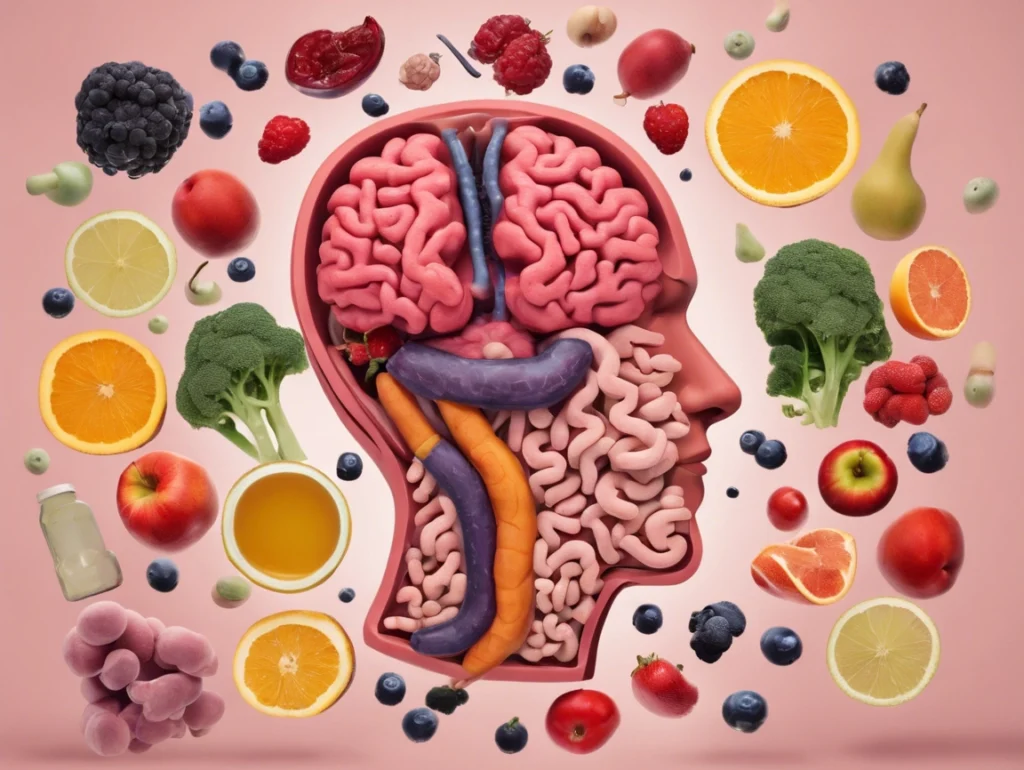Driving can often feel like a daily endurance test, filled with stressors that can lead to frustration and anger—commonly known as road rage. But what exactly is road rage? Road rage is defined as aggressive or angry behavior exhibited by drivers in response to the perceived actions of other road users. This can include yelling, honking, tailgating, or even engaging in dangerous driving maneuvers. What many people don’t realize is that road rage is closely connected to anxiety. Understanding this relationship can help you manage both your driving experiences and your emotional well-being.
Who Is Most at Risk for Road Rage?
Certain groups of drivers are more susceptible to experiencing road rage. These include:
- Young Drivers: Research shows that younger drivers, particularly males, are more prone to aggressive driving behaviors due to inexperience and impulsiveness.
- High-Stress Individuals: Those dealing with high levels of stress in their personal or professional lives may have a lower tolerance for frustration, making them more likely to react aggressively on the road.
- Frequent Commuters: Individuals who spend a lot of time in traffic may develop heightened frustration and anxiety, making them susceptible to road rage incidents.
- Drivers with Pre-existing Anger Issues: Those who struggle with anger management or have a history of aggressive behavior are at a greater risk of experiencing road rage.
Consequences of Engaging in Road Rage
Engaging in road rage can have serious consequences, both for the driver exhibiting aggressive behavior and for others on the road. These include:
- Increased Risk of Accidents: Aggressive driving behaviors such as tailgating, speeding, and weaving in and out of traffic significantly increase the likelihood of collisions, putting everyone at risk.
- Legal Repercussions: Road rage can lead to traffic violations, fines, and even criminal charges. In severe cases, aggressive drivers may face charges of reckless driving or assault.
- Emotional Distress: Engaging in road rage often leads to feelings of guilt and shame afterward, contributing to a cycle of negative emotions and anxiety.
- Damaged Relationships: Acts of road rage can escalate into confrontations with other drivers, potentially leading to ongoing conflicts or hostility.
- Long-term Mental Health Effects: Continuously engaging in road rage can exacerbate anxiety, stress, and other mental health issues, creating a detrimental cycle.
The Link Between Road Rage and Anxiety
1. Heightened Stress Levels
Traffic congestion, aggressive drivers, and the pressures of commuting can elevate stress levels significantly. The chaotic environment can overwhelm even the most patient drivers, triggering feelings of anger and frustration, which can lead to road rage.
2. Loss of Control
Driving often presents a sense of vulnerability. You can’t control how others behave on the road, and this lack of control can heighten anxiety, making it difficult to stay calm. As noted by the American Psychological Association, the unpredictability of other drivers can be a major source of stress.
3. Physical Symptoms
Road rage can manifest physically—symptoms such as increased heart rate, rapid breathing, and muscle tension can mimic anxiety symptoms. These reactions not only affect your ability to drive safely but can also exacerbate feelings of anxiety.
4. Negative Thought Patterns
Engaging in aggressive driving can lead to a cycle of negative thinking. Ruminating over the actions of other drivers can reinforce feelings of anger and anxiety, creating a toxic driving environment. As the APA highlights, this cycle can lead to further emotional distress.
5. Fleeting Encounters
It’s important to remember that the people you encounter on the road are only in your life for a fleeting moment. If someone cuts you off or behaves aggressively, let it go. Holding onto that anger only weighs you down. They don’t define your day or your journey—release the tension and keep moving forward.

Strategies for Managing Road Rage and Anxiety
1. Practice Deep Breathing
When you feel anger rising, take a moment for deep breathing. Inhale deeply through your nose, hold for a count of four, and then exhale slowly through your mouth. This simple act can help calm your nerves and reduce stress.
2. Listen to Calming Music or Podcasts
Create a playlist of soothing music or find engaging podcasts to distract you from the stress of driving. This can shift your focus from the chaos around you to something more enjoyable.
3. Allow Extra Time
Planning ahead can significantly reduce the pressure of rushing. Leave earlier for your destination to give yourself ample time to navigate traffic without the stress of being late.
4. Focus on What You Can Control
Remind yourself that you cannot control the behavior of other drivers. Focus on your reactions instead. You can choose to stay calm and composed, regardless of external circumstances.
5. Use Positive Affirmations
Encourage yourself with positive affirmations, such as “I am calm and in control” or “It’s okay to take my time.” Repeating these phrases can help reinforce a positive mindset.
6. Take Breaks
If you find yourself feeling overwhelmed, pull over safely to regroup. Take a moment to breathe deeply and collect your thoughts before continuing your journey.
7. Engage in Mindfulness
Practicing mindfulness while driving can help you stay present. Focus on the sensations of driving—the feel of the steering wheel, the sound of the engine—rather than the frustrations around you.
8. Seek Professional Help
If road rage and anxiety are significantly impacting your life, consider seeking help from a therapist. They can provide tailored strategies to help you cope with these emotions effectively.
Conclusion
Understanding the connection between road rage and anxiety is the first step toward transforming your driving experience. By implementing these coping strategies, you can cultivate a calmer, more mindful approach to driving. Remember, it’s normal to feel frustrated, but how you respond to that frustration can make all the difference in your mental well-being.
For more insights on road rage and its effects, check out the American Psychological Association’s article on road rage.
















